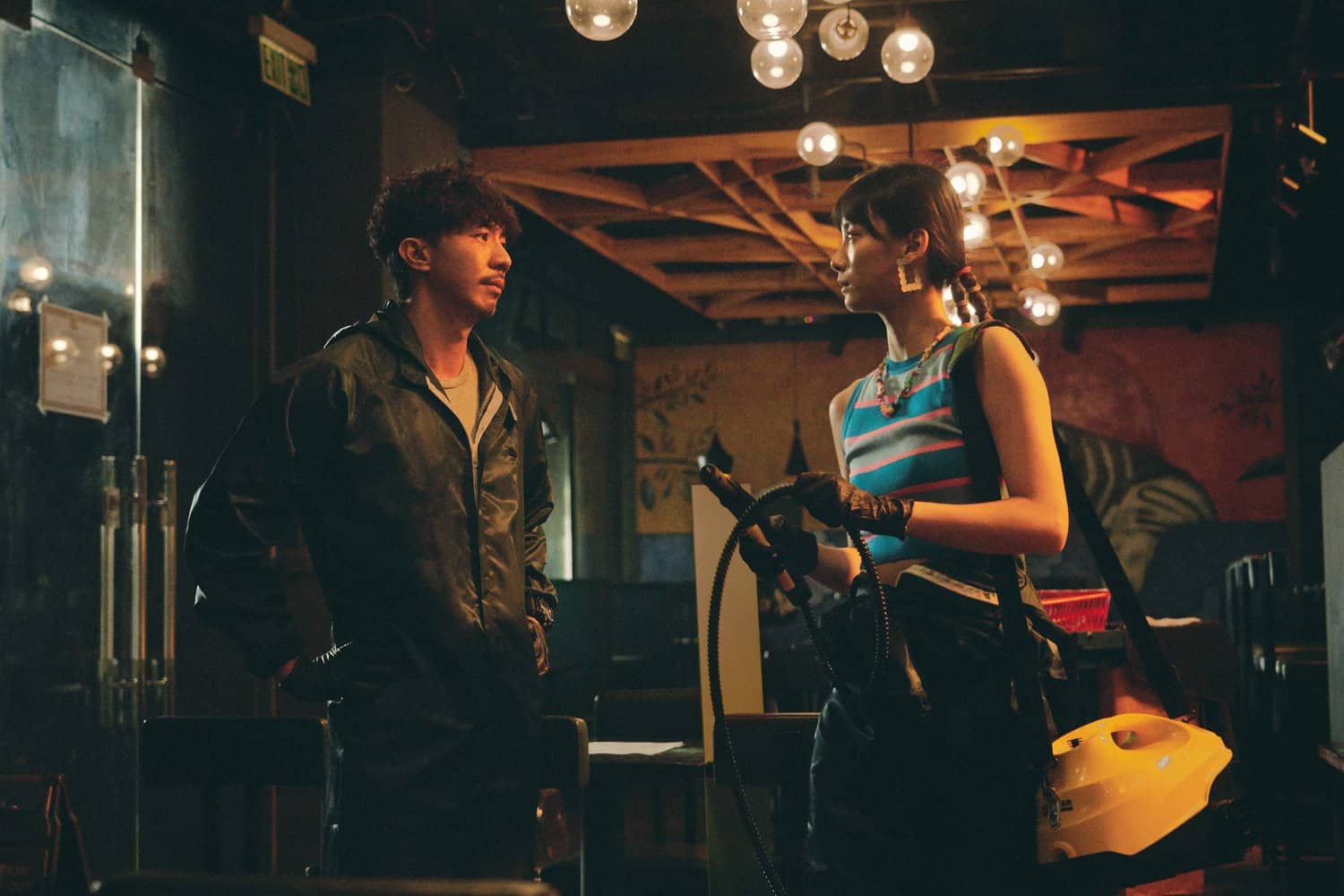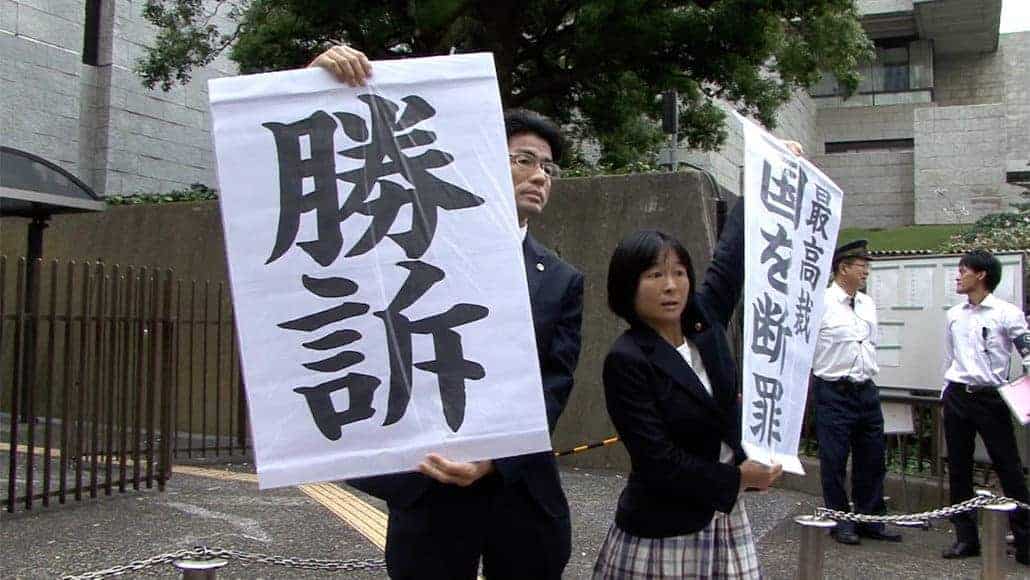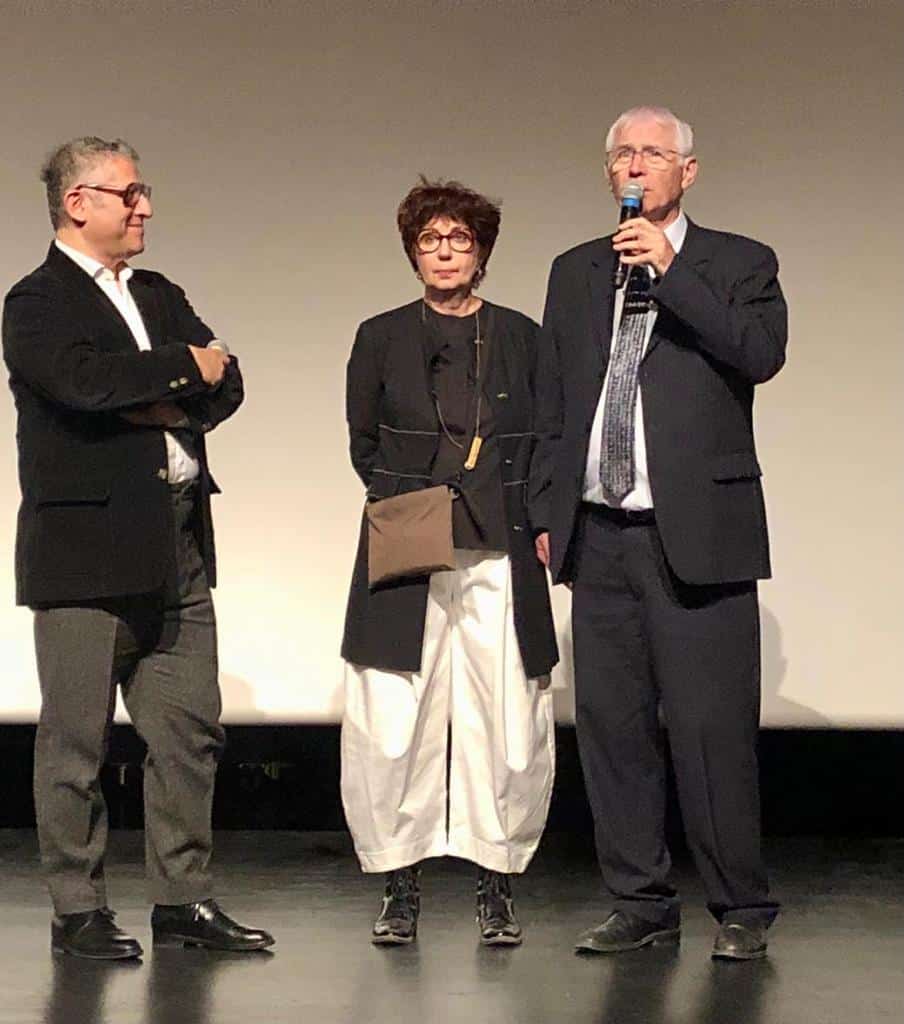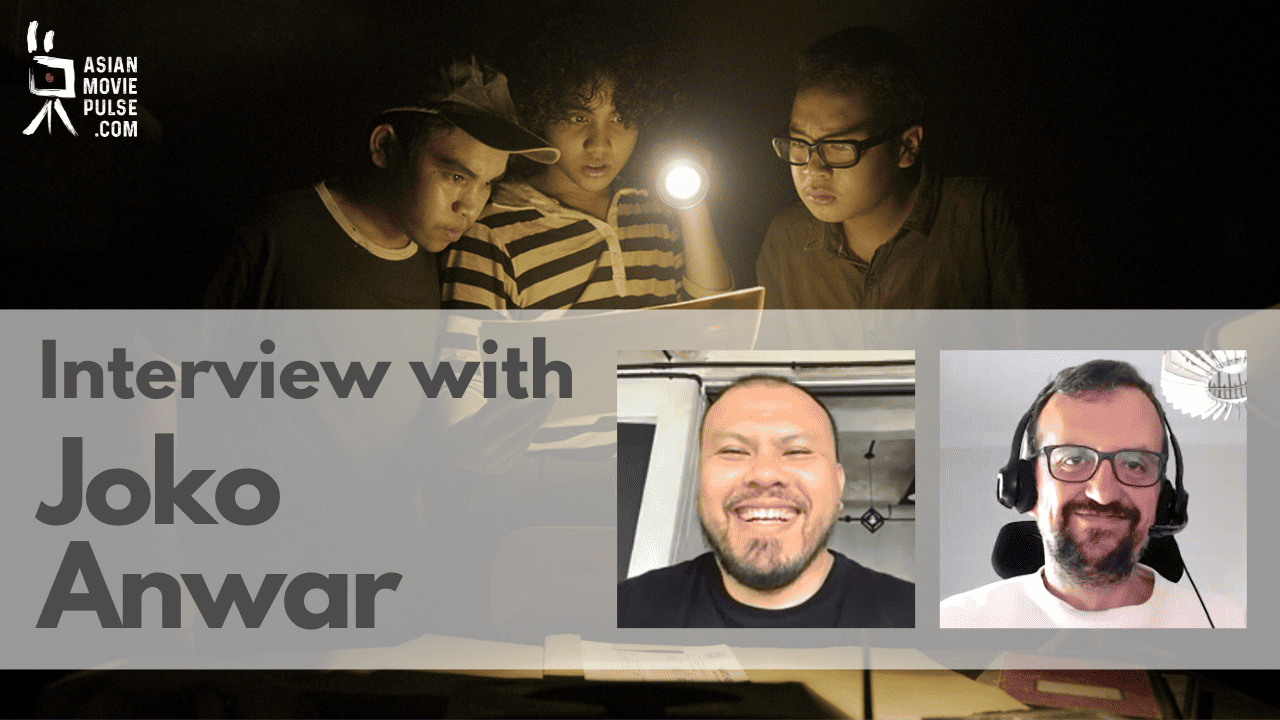When she was honing her skills as a freelance filmmaker in Yangon during the early 2010s, first time documentarian Hnin Ei Hlaing was appalled at the state of racial tension towards the ethnic Muslim Rohingya, leading her to return to her hometown to discover the truth. As a female filmmaker, she wanted a female-centric thought piece concerning birth control and pregnancy: “Midwives” is the fruit of her labor (no pun intended) that resulted from her meeting two of these women who run an antenatal clinic in Rakhine state.
Midwives is screening at Taiwan International Documentary Film Festival

A heavily pregnant women is whisked down a well-trodden street of curious onlookers, towards a makeshift clinic; a back-to-basics wooden framed shelter with an IV fluid drip coiled around one of its foundations. This is the antenatal clinic run by a no-nonsense Buddhist midwife, Hla, who is joined by her muslim “kalar” (Local slang for a Muslim person of dark complexion) apprentice, Nyo Nyo. The camera flirts with modesty as we are granted an explicit look at the lady giving birth; water bag, umbilical cords and all, leaving nothing to the imagination. A stunning opener to a poignant and immediately arresting documentary.
Having the unfortunate distinction of being the most persecuted minority group in the world have made the Muslim Rohingya people in Myanmar a hardened and resistant bunch. Over the past two decades, more than a million have fled the country and many tens of thousands have perished. This, however, does not deter the magnanimous Hla from opening her clinic to them, risking her safety and life in the process.
The core of the film is truthfully, a study of the complex relationship between Nyo Nyo and Hla, who in turn, represent both sides at the front of the racial conflict. At first glance, the bond between the two women seems to be unshakable. But after spending an hour with them, you start to observe the inklings of verbal abuse slipping in. At one point, Hla even compares Nyo Nyo's people to cows; this is the confounding enigma that makes “Midwives” so compelling and reason enough for Hnin to film the documentary.
Hnin's closeups of Nyo Nyo often show a picture of sadness that betrays her smile, so much so that the erstwhile midwifing amateur was prepared to leave her husband behind and flee to Yangon to start afresh. Until she suddenly gets pregnant. As the momentum slows down during the second half of the film, Nyo Nyo meets with a microloan group to gather funds, and together with the aid of her husband, she builds her own antenatal clinic, making her the author of her own destiny for the first time in her life.
“Midwives” is in fact a simple story and one that is as real as it gets. For every confrontational newsreel footage of Anti-Rohingya riots, we are eased by comforting aerial views of soaring Buddhist temples. And every time tension rises in the air between Nyo Nyo and Hla, it is deescalated by the lull of Olivier Alary and Johannes Malfatii's reassuring score. This is a sobering reminder of finding the light in the darkest of situations and the Rohingya people are a living testament of that.














